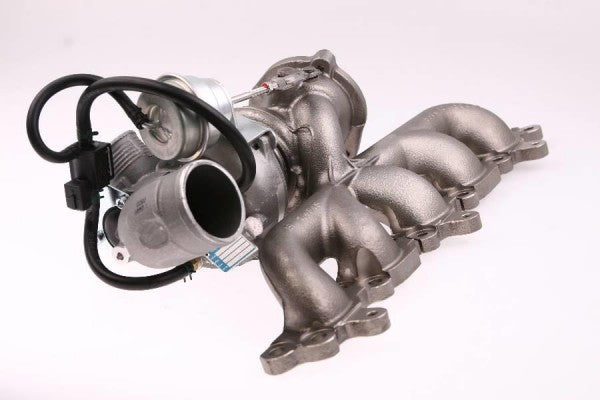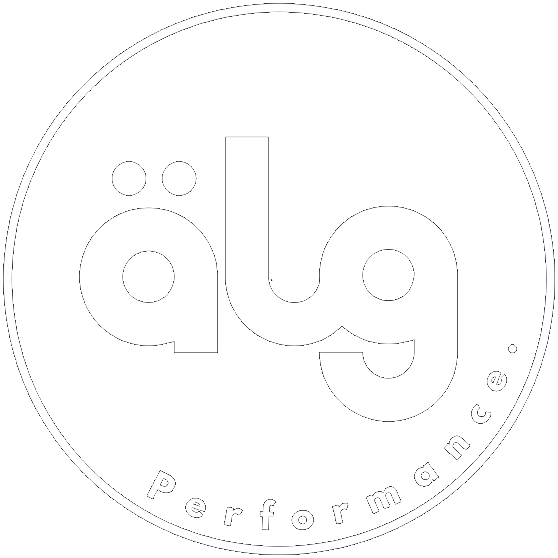Upgrading Your Turbo Car's Performance with Modifications

Turbocharged cars offer a thrilling driving experience with their powerful engines, quick acceleration, and impressive speed. However, you can enhance their performance even further with the right modifications. In this article, we'll explore the best ways to upgrade your turbo car's performance with modifications.
Table of Contents
- Introduction
- Understanding Turbochargers
- Types of Modifications
- Exhaust System Upgrades
- Intake System Upgrades
- Intercooler Upgrades
- Boost Controller Upgrades
- Fuel System Upgrades
- Engine Management System Upgrades
- Turbocharger Upgrade
- Transmission Upgrades
- Suspension and Brakes Upgrades
- Maintenance and Reliability Upgrades
- The Importance of Professional Installation
- Conclusion
- FAQs
Introduction
If you're a car enthusiast, then you know that turbocharged cars offer an unbeatable driving experience. These cars come equipped with powerful engines that generate a significant amount of horsepower and torque. However, there's always room for improvement, and with the right modifications, you can enhance your turbo car's performance and take it to the next level.
Understanding Turbochargers
Before we delve into the different types of modifications, let's first understand how turbochargers work. A turbocharger is a device that increases the air pressure that enters the engine. This increased air pressure allows the engine to burn more fuel and generate more power. Turbochargers work by utilizing the exhaust gases that exit the engine to spin a turbine, which then compresses the air that enters the engine.
Types of Modifications
There are many different types of modifications that you can make to your turbo car. These modifications can range from simple upgrades to more complex installations. Here are some of the most popular modifications that you can make to your turbo car:
Exhaust System Upgrades
One of the most common modifications that people make to their turbo cars is upgrading the exhaust system. A high-performance exhaust system can improve your car's performance by allowing the engine to breathe more efficiently.
Intake System Upgrades
Another popular modification is upgrading the intake system. A high-performance air intake system can increase the amount of air that enters the engine, which can lead to more power and better acceleration.
Intercooler Upgrades
An intercooler is a device that cools down the compressed air before it enters the engine. Upgrading your intercooler can improve your car's performance by allowing the engine to burn more fuel and generate more power.
Boost Controller Upgrades
A boost controller is a device that controls the amount of boost that the turbocharger produces. Upgrading your boost controller can increase the amount of boost that your turbocharger produces, which can lead to more power and better acceleration.
Fuel System Upgrades
Upgrading your fuel system can improve your car's performance by ensuring that the engine is getting enough fuel. A high-performance fuel pump, fuel injectors, and fuel pressure regulator can all help to improve your car's performance.
Engine Management System Upgrades
An engine management system upgrade can improve your car's performance by allowing you to tune the engine to produce more power. A standalone engine management system or a piggyback system can help to optimize your car's performance.
Turbocharger Upgrade
Upgrading your turbocharger can significantly increase your car's performance. A larger turbocharger can produce more boost, which can lead to more power and better acceleration.
Transmission Upgrades
Upgrading your transmission can help to improve your car's performance by allowing it to handle more power. A high-performance clutch, flywheel, or torque converter can all help to improve your car's performance.
Suspension and Brakes Upgrades
Upgrading your suspension and brakes can also improve your car's performance. A high-performance suspension system can improve your car's handling and stability, while upgraded brakes can improve your car's stopping power.
Maintenance and Reliability Upgrades
It's important to remember that with increased power comes increased stress on your car's components. That's why it's essential to make maintenance and reliability upgrades. Upgrading your oil cooler, radiator, and cooling system can all help to ensure that your car runs smoothly and reliably.
The Importance of Professional Installation
While these modifications can significantly improve your car's performance, it's important to have them installed by a professional. Improper installation can lead to serious engine damage or even accidents. It's always better to be safe than sorry and have your modifications installed by an experienced mechanic.
Conclusion
Upgrading your turbo car's performance with modifications can be a thrilling experience. With the right modifications, you can take your car's performance to the next level and enjoy a more exhilarating driving experience. However, it's important to remember that safety should always come first. Make sure to have your modifications installed by a professional and prioritize maintenance and reliability upgrades.
FAQs
- What is a turbocharger, and how does it work?
- A turbocharger is a device that increases the air pressure that enters the engine, allowing it to generate more power. It works by utilizing exhaust gases to spin a turbine, which compresses the air that enters the engine.
- How can upgrading my exhaust system improve my car's performance?
- Upgrading your exhaust system can improve your car's performance by allowing the engine to breathe more efficiently, leading to better power and acceleration.
- Is it necessary to upgrade my suspension and brakes when modifying my turbo car's performance?
- Upgrading your suspension and brakes can improve your car's performance and handling, making it safer to drive at higher speeds.
- Can I install modifications on my turbo car myself?
- While it is possible to install modifications on your turbo car yourself, it's always best to have them installed by a professional to ensure proper installation and avoid potential engine damage or accidents.
- What maintenance and reliability upgrades should I prioritize when modifying my turbo car's performance?
- Upgrading your oil cooler, radiator, and cooling system can all help to ensure that your car runs smoothly and reliably, even with increased power.
-
- Yes, upgrading your fuel system can improve your car's performance by ensuring that the engine is getting enough fuel to produce more power.
- What is an intercooler, and why is it important to upgrade it?
- An intercooler is a device that cools down the compressed air before it enters the engine. Upgrading your intercooler can improve your car's performance by allowing the engine to burn more fuel and generate more power.
- How can upgrading my engine management system improve my car's performance?
- Upgrading your engine management system can improve your car's performance by allowing you to tune the engine to produce more power. This can be done with a standalone engine management system or a piggyback system.
- What are some common signs that my turbocharger needs to be upgraded?
- Some common signs that your turbocharger needs to be upgraded include slow acceleration, reduced power, and excessive exhaust smoke.
- Is it necessary to upgrade my transmission when modifying my turbo car's performance?
- Upgrading your transmission can help to improve your car's performance by allowing it to handle more power. However, it may not be necessary for all modifications, and it's best to consult with a professional to determine if it's needed for your specific upgrades.
